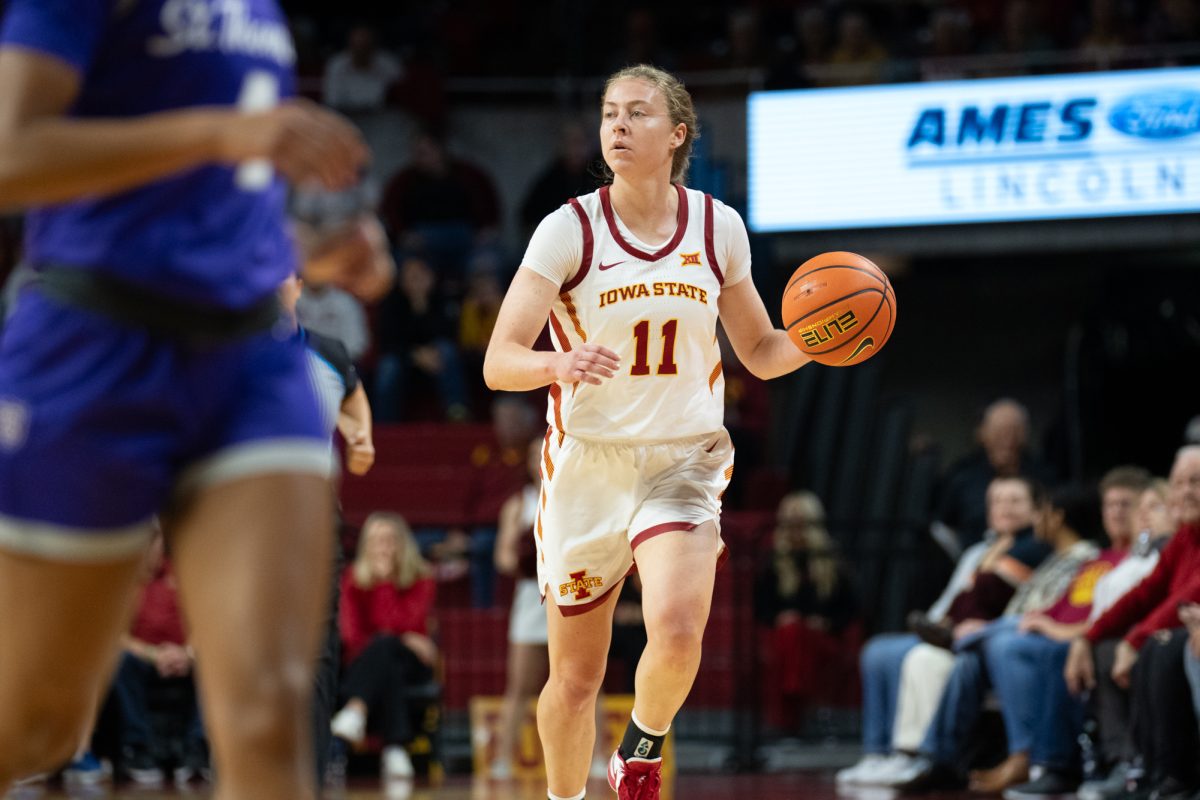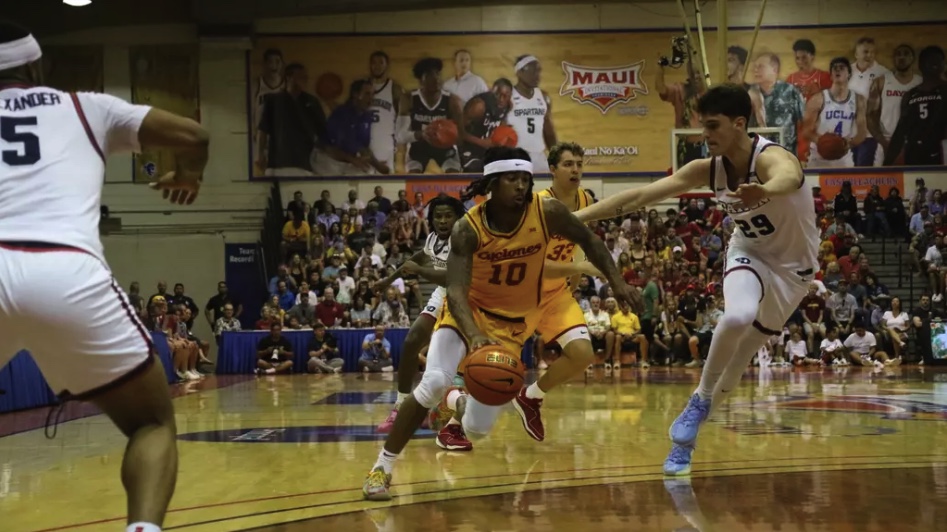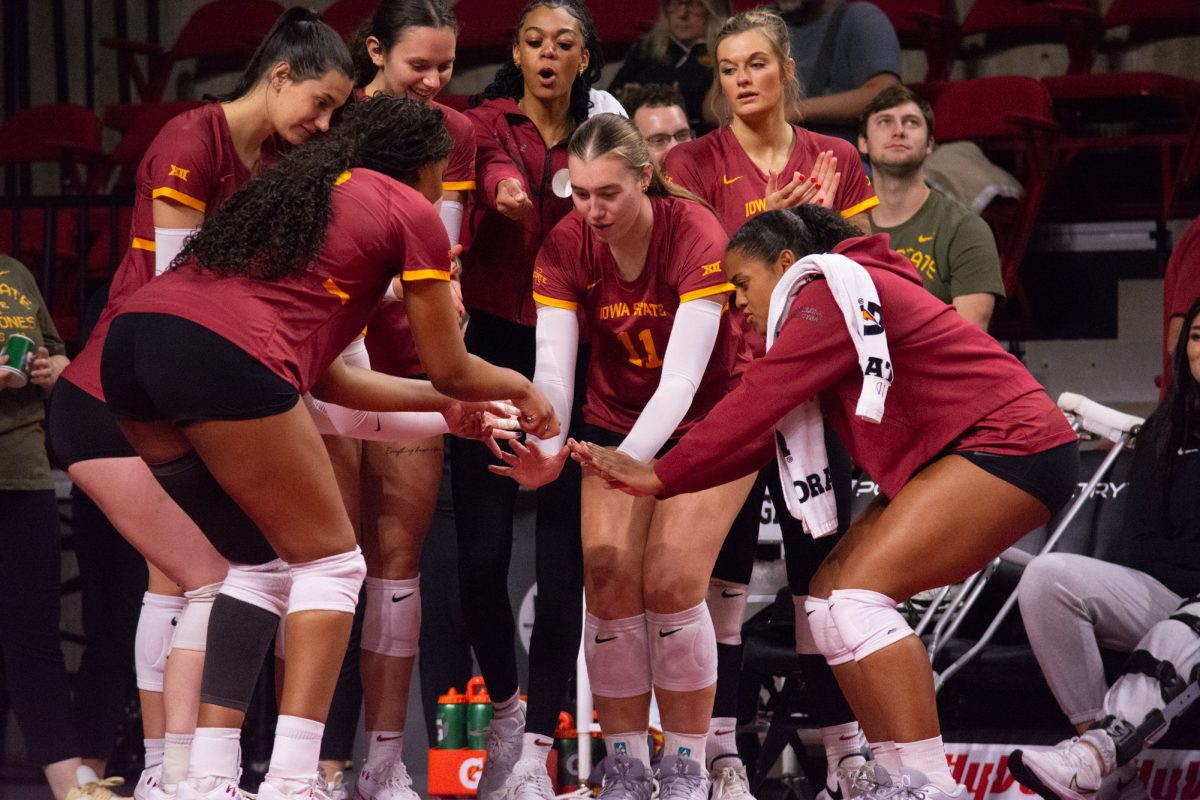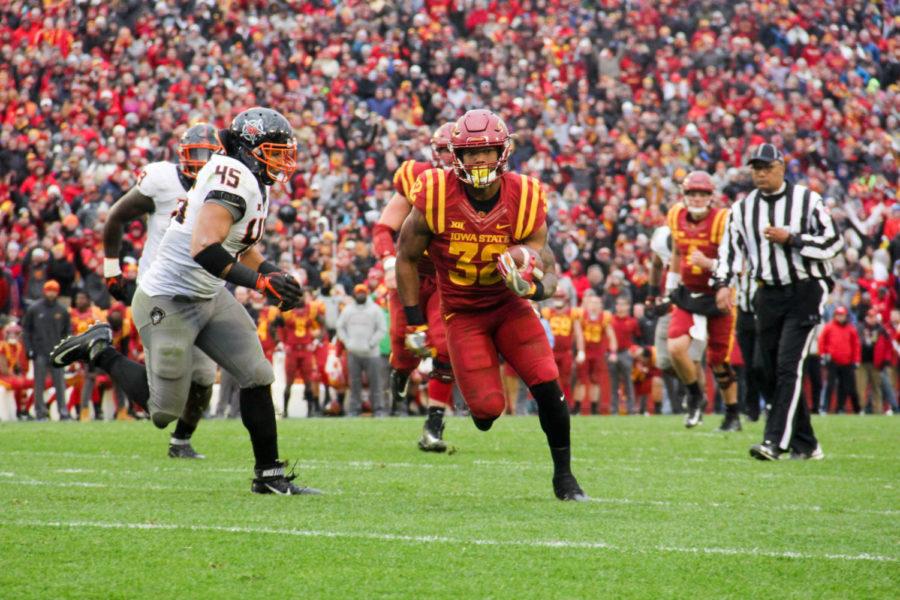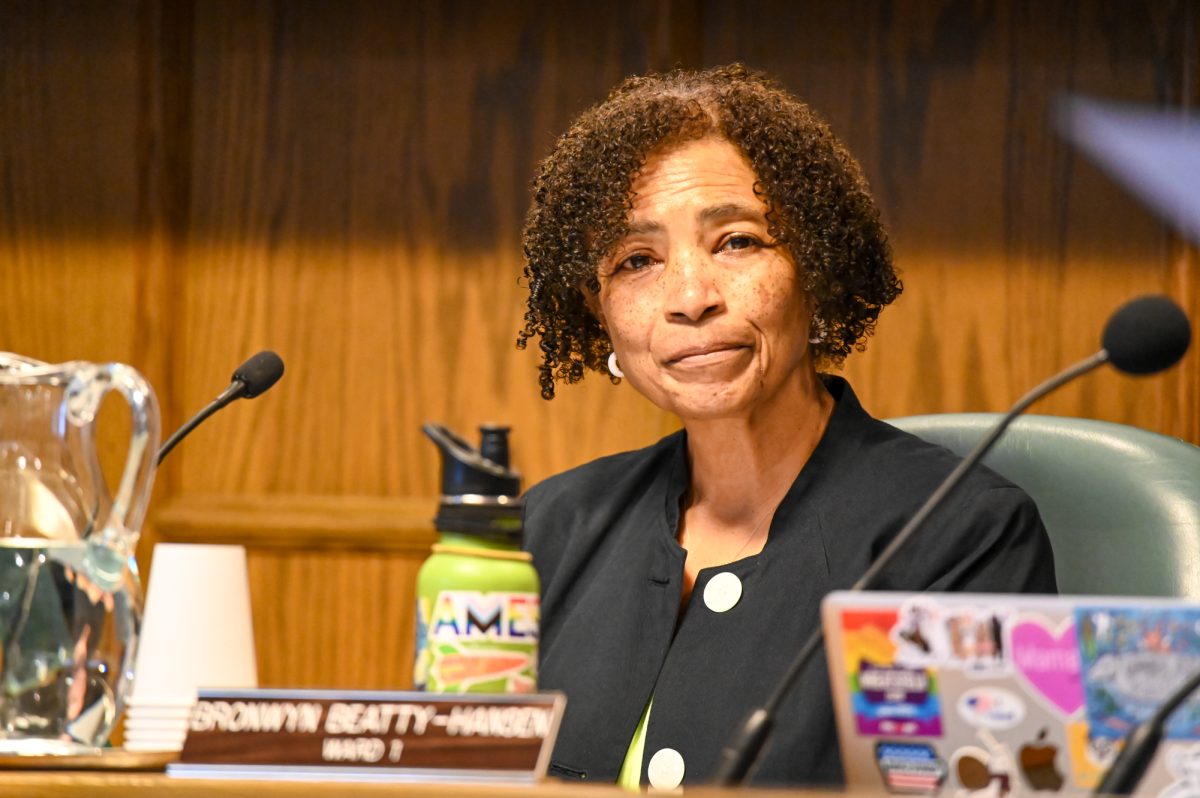COLUMN:Anti-bias laws apply to Boy Scouts
April 14, 2003
Editor’s Note: The following is the second in a series of two guest columns by Professor Robert DeKoven addressing local concerns.
Schools like Iowa State have found themselves in quite a dilemma when it comes to supporting the Boy Scouts of America, or, indirectly, supporting the BSA through contributions via the United Way.
The BSA discriminate in various ways that are not tolerable for a state entity like Iowa State.
The BSA does discriminate based on gender, sexual orientation and religious beliefs. Some argue that a public university that receives federal and state funds cannot be a party to discrimination based upon these grounds.
For example, under federal law, Title IX prohibits schools from engaging in “gender” discrimination. Some federal courts have held that discrimination based upon sexual orientation is biased based upon gender.
This is because the discrimination is based upon one’s failure to conform to a gender stereotype.
Further, other cases have found that a state entity like Iowa State cannot discriminate either directly or indirectly against persons based upon race, religion, sexual orientation and a variety of other classes without, at least, some rational reason.
Interesting, when public entities have tried to end their subsidies and gifts to the BSA, the BSA has responded with litigation. In July 2002, the BSA challenged the state of Connecticut when it excluded the BSA from receiving subsidies under the state’s workplace charitable campaign. A federal court held that the state was well within its right to exclude the BSA because of its discriminatory policies against gays and atheists.
Currently, the BSA is suing the city of Berkeley, which had been providing the BSA free birthing privileges at its city-owned marina.
The City Council in Berkeley, realizing the BSA violates its anti-gay bias laws, revoked the BSA’s special status. The BSA took the city to court and a unanimous appellate court reached the right ruling: ending government privileges for the BSA.
The U.S. Supreme Court held the BSA has a right, as a private group, to forbid atheists and gays from serving in the BSA and the state cannot compel them otherwise. This is the same rationale that allows a private men’s country club to exclude women.
However, the appellate court here found that Berkeley is not forcing the BSA to accept gays. The city merely is preventing the BSA from enjoying “a certain city subsidy, free rent, unless it is open to all residents without regard to the barriers created by the types of invidious discrimination Berkeley seeks to discourage.”
The appellate court’s reasoning is persuasive because it notes that a city can condition grants. Notably, the court said that Bob Jones University cannot receive tax-exempt status if it discriminates on the basis of race; and schools that engage in gender bias can lose funds. Ironically, even 18-26 year-old gay men cannot serve openly in the military, but they must “register for the draft” to receive federal student aid funds.
While Berkeley didn’t raise the issue, it’s obvious that a city cannot engage in “segregation” in the operation of public parks and other facilities. In the 1960s, the U.S. Supreme Court held in numerous cases that cities — or private groups, like the BSA, that operate a segment of the park for the city — cannot maintain a “segregated” facility.
The term “segregation” extends beyond race to those classes of invidious discrimination recognized in federal and state law. The U.S. Supreme Court has held that homosexuality is such a class and that a state would have to show some rationale for showing bias against gays and lesbians.
The city attorney for the city of Berkeley correctly found that the city of Berkeley could no longer grant a subsidy to the BSA and now three judges have agreed, and it’s likely that higher courts will uphold the case.
The BSA, like any group, must adhere to anti-bias law if it wants to receive benefits from the state.


